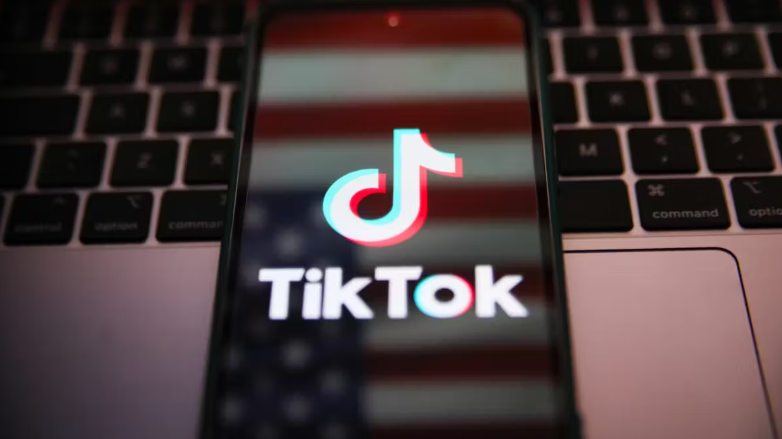Trump-Xi Call Reignites Hope For TikTok Sale As U.S. Deadline Looms
President Donald Trump’s recent call with Chinese President Xi Jinping has breathed new life into stalled efforts to divest TikTok’s U.S. assets, potentially paving the way for a deal that could avert the platform’s forced shutdown before the end of the year.
In a Truth Social post Friday, Trump praised Xi for his “approval of the TikTok deal,” calling the call “constructive” and signaling optimism that a resolution could finally be within reach. Xi did not explicitly confirm any approval but offered general support for “business negotiations” consistent with Chinese laws and mutual interests.
The comments follow months of legal uncertainty surrounding TikTok’s U.S. operations, after Congress passed legislation requiring Chinese parent company ByteDance to sell off the American portion of the app — or face a nationwide ban by January 2025. That legal deadline passed earlier this year, but Trump extended it this week to December 19.
Trump Downplays Security Concerns, Highlights TikTok’s Political Power
Despite bipartisan national security concerns over the app’s data collection and potential Chinese government influence, Trump has taken a more lenient stance than many in Congress.
“I like TikTok; it helped get me elected,” Trump said during a Thursday press conference. “TikTok has tremendous value. The United States has that value in its hand because we’re the ones that have to approve it.”
Trump’s remarks suggest he sees TikTok less as a threat and more as a strategic asset — both economically and politically. His administration has declined to enforce the shutdown order for now, a decision that has angered some Democrats who accuse Trump of ignoring the law.
Deal Framework Still Murky
Reports indicate that the current draft deal would transfer TikTok’s U.S. assets to American owners, while still allowing the new company to use ByteDance’s algorithm — a sticking point for lawmakers who fear the Chinese government could maintain influence over the platform.
“There are still a lot of unanswered questions,” said Scott Kennedy of the Center for Strategic and International Studies. “We’re talking about individual business deals. We’re not talking about Chinese structural reforms.”
Wendy Cutler of the Asia Society Policy Institute noted the mixed messaging from the two governments. “While the leaders apparently blessed the TikTok deal, important details surrounding such matters as who would own and control the algorithm remain unclear.”
Lawmakers have been quick to raise red flags over the proposed structure. The concern: ByteDance’s continued algorithm control could still allow Beijing to manipulate the app’s content or conduct surveillance on U.S. users.
China Plays It Cautious, But Appears Open
The Chinese government’s official statement was notably vague. According to state-run Xinhua, Beijing “respects the will of firms” and supports resolving business matters in accordance with Chinese law. This contrasts with its more aggressive stance in April, when it outright blocked a similar deal during a broader trade dispute.
Still, the tone from Beijing this time is less combative, suggesting China may be willing to allow a transaction under certain conditions — particularly if it helps ease broader U.S.-China tensions.
Roadblocks Remain
Congressional approval will likely be required to finalize the sale, and members of both parties remain divided. Some Republican lawmakers have praised Trump’s diplomatic engagement but remain skeptical of a deal that allows ByteDance to maintain any control over TikTok’s core technology.
Others have warned that extending the deadline may give China more time to maneuver or inject uncertainty into the 2026 election cycle, where TikTok could again play a major role in shaping public opinion.
What’s Next
With the clock ticking toward the December 19 deadline, the Trump administration is expected to push for a more concrete deal framework in the coming weeks. If no agreement is reached, Trump could face renewed pressure from Congress to enforce the ban — or face lawsuits for failing to comply with the law.
For now, the Biden-era war on TikTok has been replaced with Trump-era dealmaking — but whether that deal survives the scrutiny of Congress, regulators, and the American public remains to be seen.

